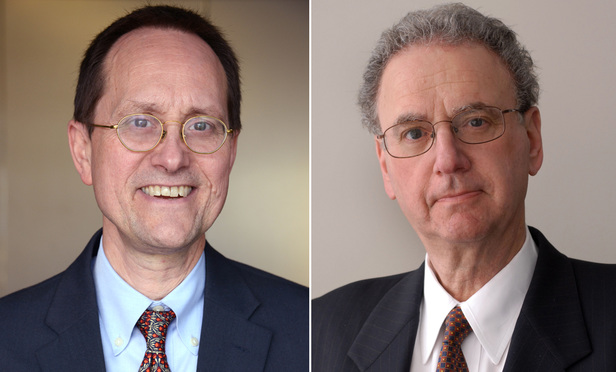Not many copyright cases ever make it to the Supreme Court, and even fewer—in fact, none—merit the court’s attention twice on separate issues. That, at least, was the verdict of history until recently, when Kirtsaeng v. John Wiley & Sons1 (hereafter Kirtsaeng II) earned a previously unprecedented second trip to the high court for review of the standards for awarding attorney fees to prevailing parties in copyright cases under 17 U.S.C. §505.
The dispute at issue in Kirtsaeng II had first reached the Supreme Court in 2013 on a fascinating and unsettled question about the territorial reach of the first sale doctrine, as to which petitioner Supap Kirtsaeng prevailed in a sharply divided 6-3 ruling.2 On remand from that decision, Kirtsaeng argued in the Southern District that he should recover over $2 million in attorney fees, despite the reasonableness of his adversary in opposing him, because the case clarified a close and important legal issue and thereby advanced the purposes of the Copyright Act.
This content has been archived. It is available through our partners, LexisNexis® and Bloomberg Law.
To view this content, please continue to their sites.
Not a Lexis Subscriber?
Subscribe Now
Not a Bloomberg Law Subscriber?
Subscribe Now
LexisNexis® and Bloomberg Law are third party online distributors of the broad collection of current and archived versions of ALM's legal news publications. LexisNexis® and Bloomberg Law customers are able to access and use ALM's content, including content from the National Law Journal, The American Lawyer, Legaltech News, The New York Law Journal, and Corporate Counsel, as well as other sources of legal information.
For questions call 1-877-256-2472 or contact us at [email protected]



